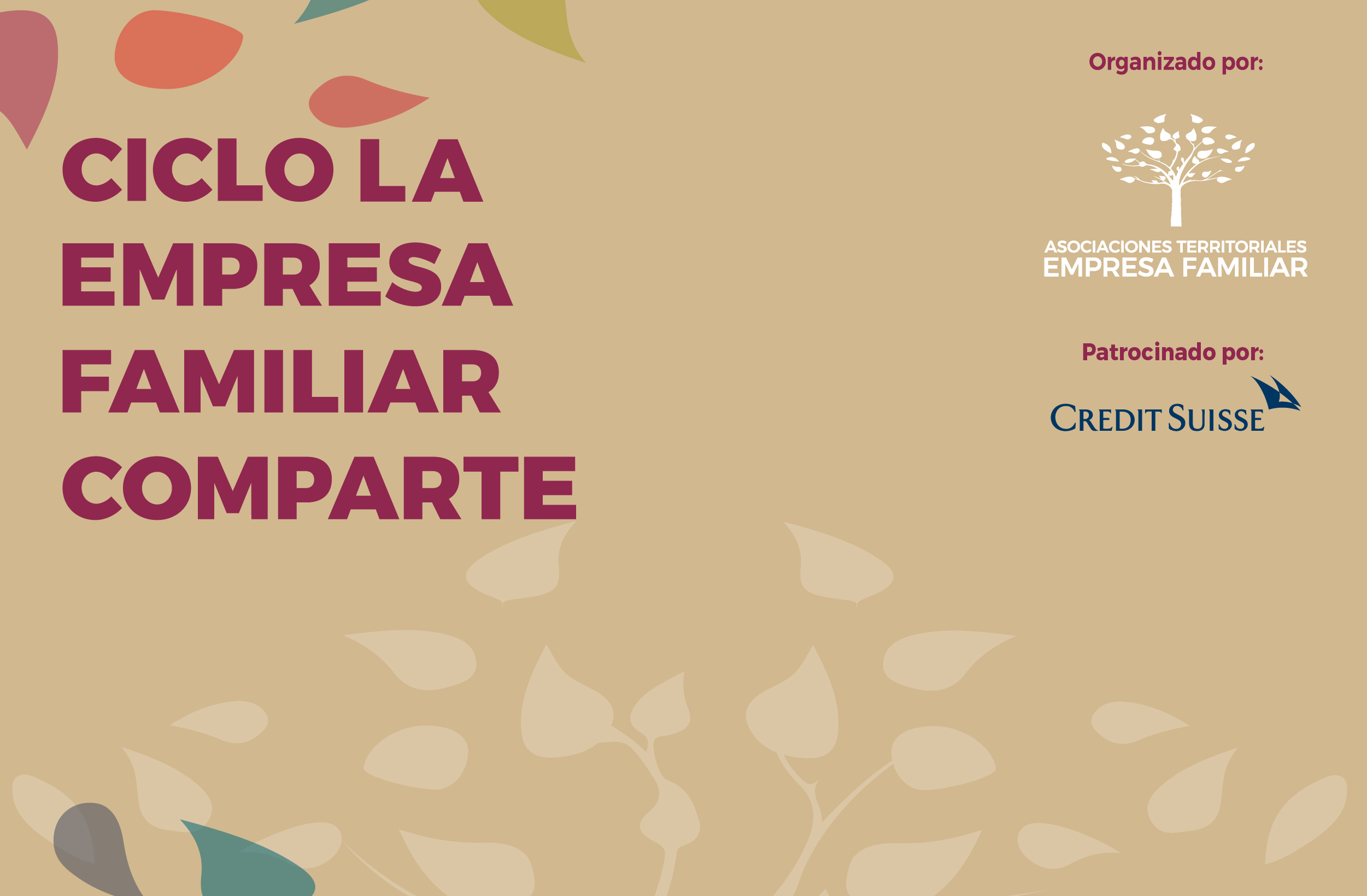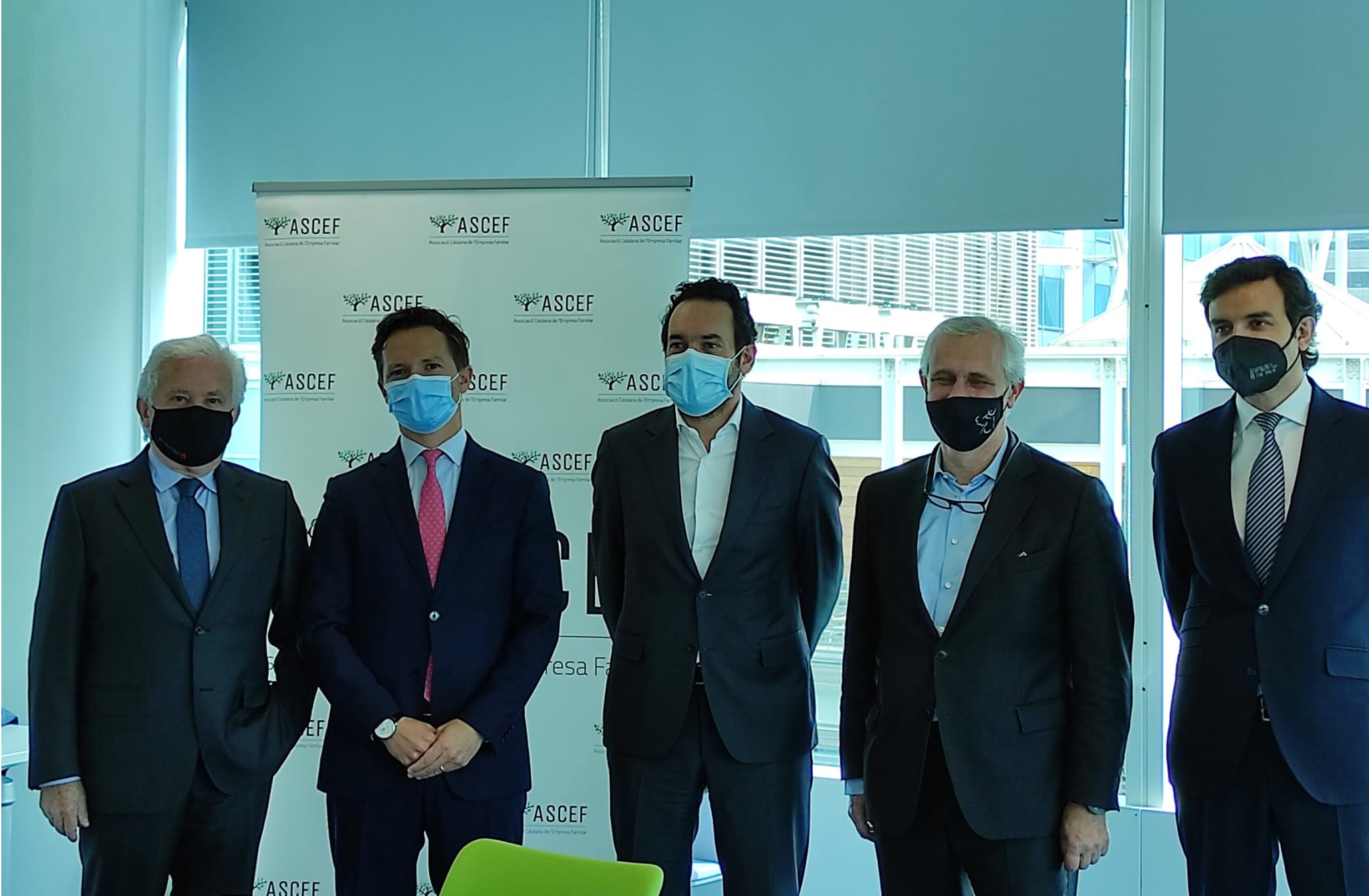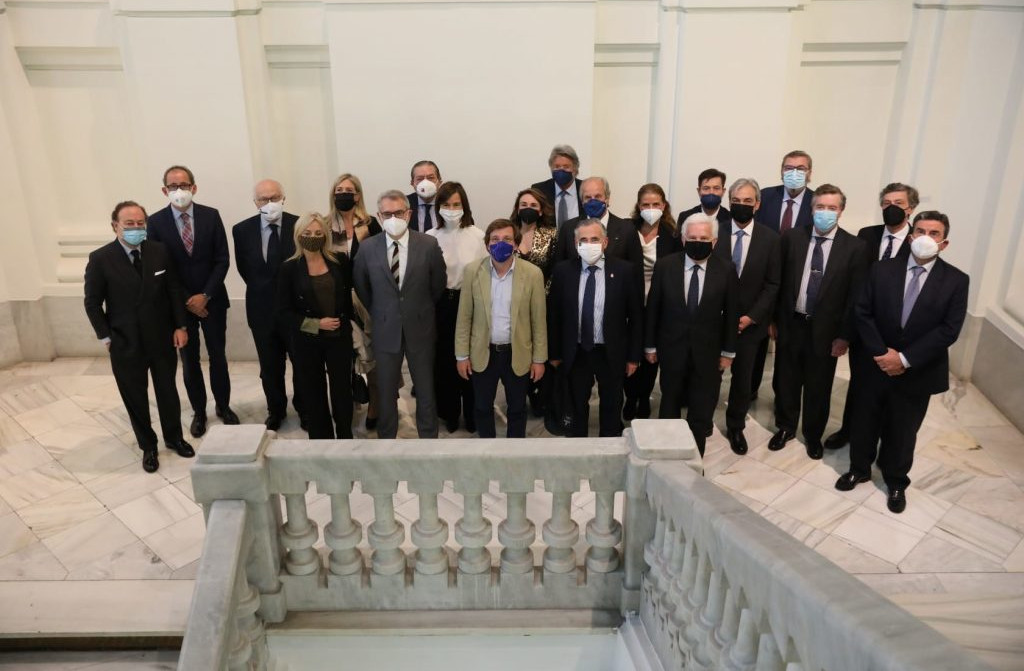- The financial institution will sponsor a new edition of this initiative bringing together family businesses from all over Spain to share their experiences and strategies
The network of Family Business Regional Associations made up of 18 organizations, including the Catalonian Family Business Association (ASCEF) has subscribed an agreement with Credit Suisse by which this financial institution commits to sponsor the organization of a new series of conferences entitled “The Family Business Shares“.
In this way, an initiative born a year ago just after the Covid-19 pandemic was declared will be extended through 2021. This initiative has allowed family business entrepreneurs from all over Spain and a wide variety of industries, to share experiences and strategies to address this situation.
The new edition of “The Family Business Shares” consists of four sessions to be held online between May and November this year.
The associations involved in this project cover all Spanish autonomous communities and include 1,200 companies from all industries representing 10% of the GDP.
Their mission is to advocate for the Spanish family business as driving force for the productive economy and job creation in the region, as well as to further entrepreneurial culture and promote the continuity of this kind of enterprise.
The agreement’s subscription took place today online between Matilde de la Peña Elías and Mr Rafael de Villar Álvarez as proxies for Credit Suisse, and David González Pescador, Director of the Cantabrian Family Business Association (ACEFAM) and representative of the Family Business Association Network during this series.


